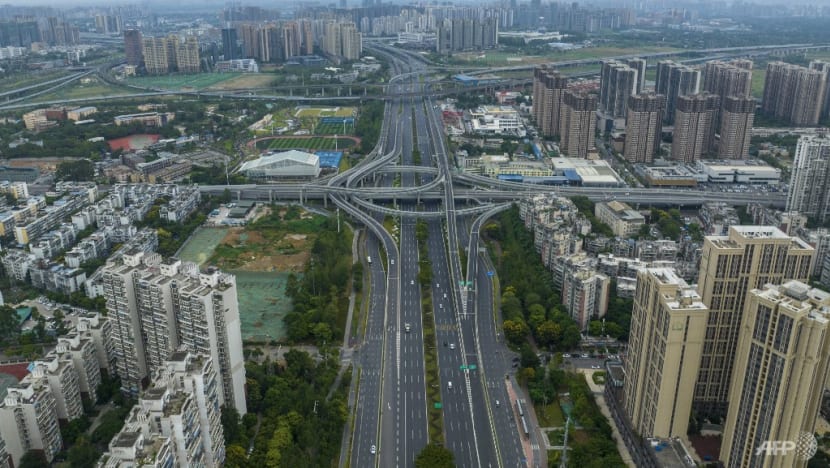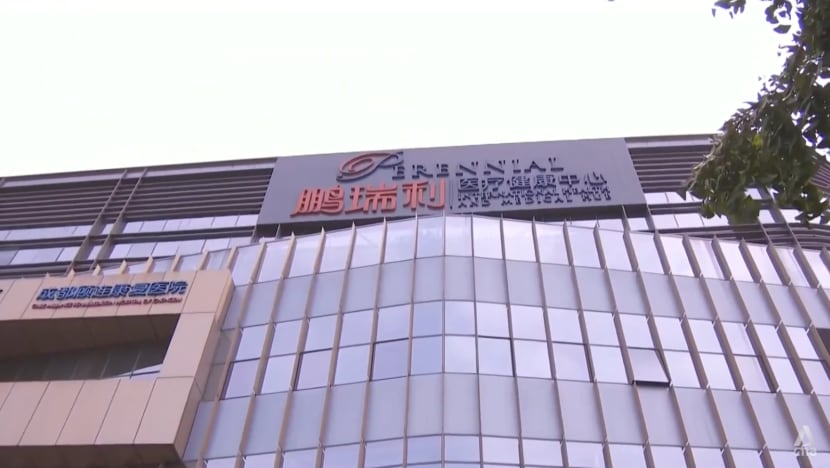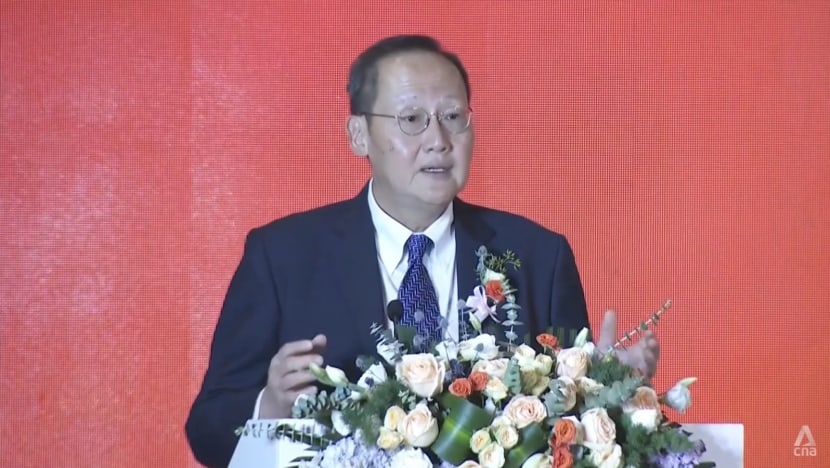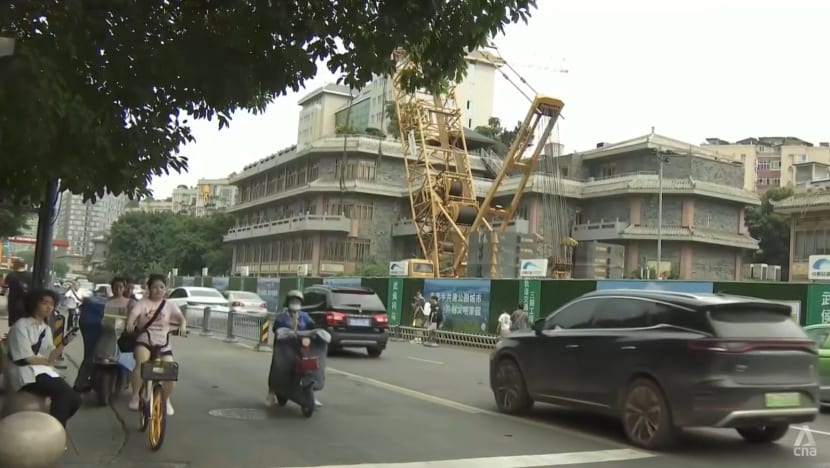
Singapore was the southwestern Chinese province’s largest foreign investor last year, with about S$5.7 billion invested across some 730 projects.

CHENGDU: More Singapore firms are sinking their teeth into Sichuan’s market of about 80 million people.
Singapore was the southwestern Chinese province’s largest foreign investor last year, with about S$5.7 billion invested across some 730 projects.
They cover sectors such as healthcare to cater to the growing ageing population, and sustainable development amid climate change.
Among the projects is an integrated medical hub in the capital Chengdu, with facilities such as a maternity and child care centre and rehabilitation centre.
Already fully leased out, the 300,000 sq m hub is a result of a S$470 million investment by Singapore integrated real estate and healthcare firm Perennial Holdings.
It is served by a network of 26 train lines running through Chengdu East railway station, connecting the 100 million residents in Sichuan and neighbouring Chongqing to the medical hub.
Mr Pua Seck Guan, executive chairman and CEO of Perennial Holdings, cited the location’s connectivity and transport network as a draw.

“I think more importantly, is the fact that there are already very vibrant companies here. More than 50 per cent of the Forbes 500 companies are in Chengdu, and also a lot of embassies are based in Chengdu,” he noted.
He added that the Chengdu government has been “very business friendly” in the past year.
“They are promoting their businesses (and) helping businesses to solve problems, so that gives us confidence.”
Perennial Holdings is also investing another S$180 million in a joint venture with biomedical firm Incaier to build a new 350-bed hospital, which is set to open in August.
Singapore's Second Minister for Trade and Industry Tan See Leng called Perennial Holdings’ new venture a testament of Singapore investors’ commitment to the Sichuan market.

”As Singapore and China tackle the challenges of an ageing society, this new venture can contribute to Sichuan by offering a one-stop international medical and healthcare plus concierge to all ages,” said Dr Tan, who is the co-chair of the Singapore-Sichuan Trade and Investment Committee.
“I believe this would significantly complement Chengdu's effort in developing itself to become a liveable city and international gateway to West China.”
Perennial Holdings is also building similar integrated medical hubs in three other Chinese cities, Tianjin, Kunming and Xi’an.
Amid an escalating climate crisis, Sichuan is also pushing for sustainable development.
Singapore energy firm SP Group has partnered Wuhou district, the largest of Chengdu’s five districts, to transform it into a smart eco-district.

It has helped to deploy smart and sustainable energy solutions that accelerate the city’s urban renewal masterplan, which aims to make existing buildings sustainable.
The International Urban Design Centre, for instance, has been outfitted with district cooling and energy management systems since 2021, at a cost of about S$110 million.
SP Group also recently signed an agreement with a state-owned company in Wuhou, to work on energy and utility management in more urban renewal and solar power projects.